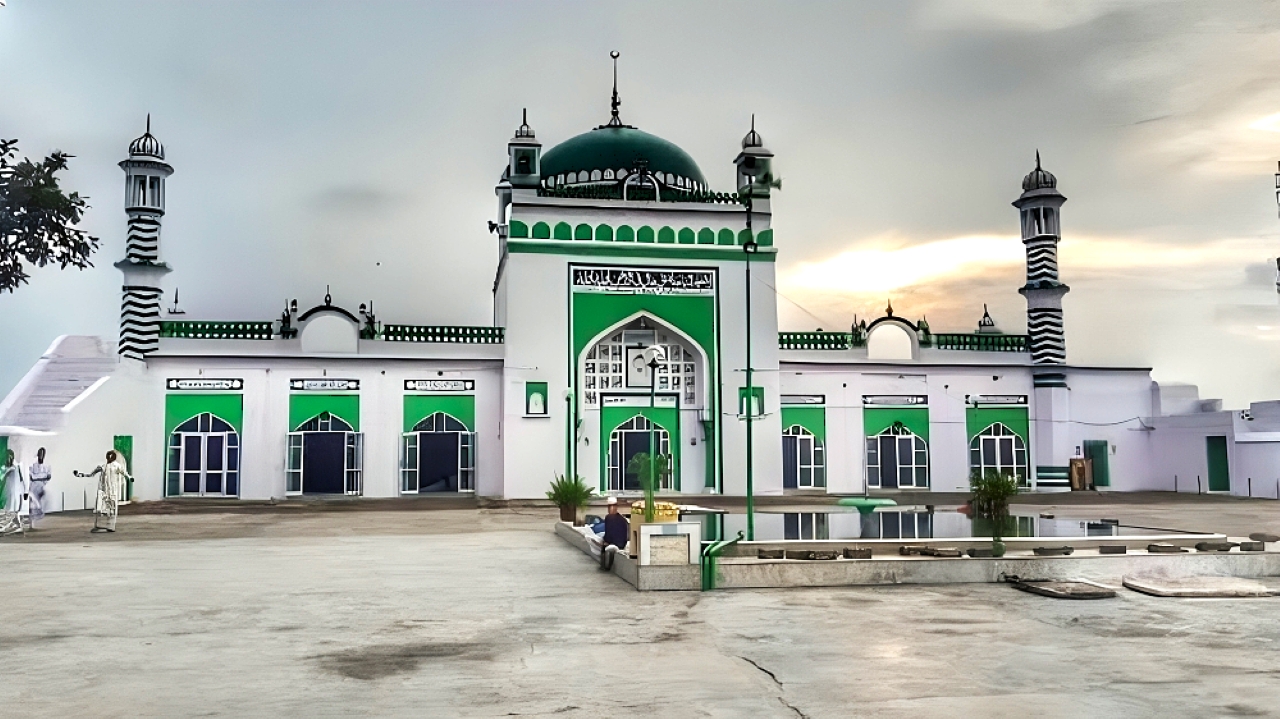 |
|
The Sambhal Shahi Jama Masjid Committee has filed a petition with the Supreme Court of India, challenging a lower court's order for a survey of the mosque. This order, issued by the Civil Judge (Senior Division) of Sambhal, stems from a lawsuit alleging that the mosque was constructed after the demolition of a temple. The plaintiffs claim the mosque, situated in Chandausi, was built by Mughal emperor Babar in 1526, replacing a pre-existing Hindu temple. This claim, and the subsequent order for a survey, has already resulted in tragic consequences. Violence erupted following the initial order, leading to the deaths of four individuals. The gravity of this situation underscores the sensitivity surrounding the issue and the potential for further unrest if the survey proceeds.
The mosque committee argues that the lower court's decision to conduct the survey ex-parte – without hearing the mosque's side – was procedurally flawed. They contend that the haste with which the survey was ordered contributed to the unrest, causing fear and prompting residents to leave their homes. Further, the committee asserts that the case is barred by the Places of Worship (Special Provisions) Act, 1991, which aims to maintain the status quo regarding places of worship as it existed on August 15, 1947. The committee also emphasizes that the mosque is an ancient monument protected by the Archaeological Survey of India (ASI), implying that any alteration or disruption resulting from the survey could have significant historical and cultural repercussions. The committee's direct appeal to the Supreme Court underscores the urgency of the situation and the perceived lack of recourse through ordinary legal channels.
The petition raises broader concerns about the increasing frequency of similar survey orders in cases involving mosques. The committee alleges a pattern of such orders being issued in response to belated claims, suggesting a systematic issue demanding judicial intervention. They explicitly request that the Supreme Court issue directives to prevent the routine issuance of such orders without giving the affected parties a chance to present their case. The potential consequences of allowing such orders to be routinely passed are grave, according to the petition. Such actions, the committee argues, risk igniting communal tensions, leading to further law and order issues, and ultimately undermining the secular fabric of India. The Supreme Court's decision in this case will have significant implications, not just for the immediate parties involved, but also for the broader legal framework governing religious disputes in India and the prevention of communal violence.
The case highlights the complex intersection of religious sentiments, historical claims, and legal processes in India. The immediate concern revolves around preventing further violence and ensuring due process for the mosque committee. However, the underlying issue is one of balancing competing historical claims and preserving social harmony. The Supreme Court will be tasked with navigating this delicate balance, and its ruling will set a precedent for future cases with similar facts. The decision will undoubtedly have wide-ranging ramifications for how such disputes are handled in India, influencing both the legal framework and the potential for future conflict. The international community is also likely to watch closely, given the significance of religious harmony in a country as diverse as India. The focus remains firmly on the Supreme Court's hearing tomorrow, where the fate of the Sambhal Shahi Jama Masjid and the broader issue of handling religious disputes in a sensitive and equitable manner will be determined.
